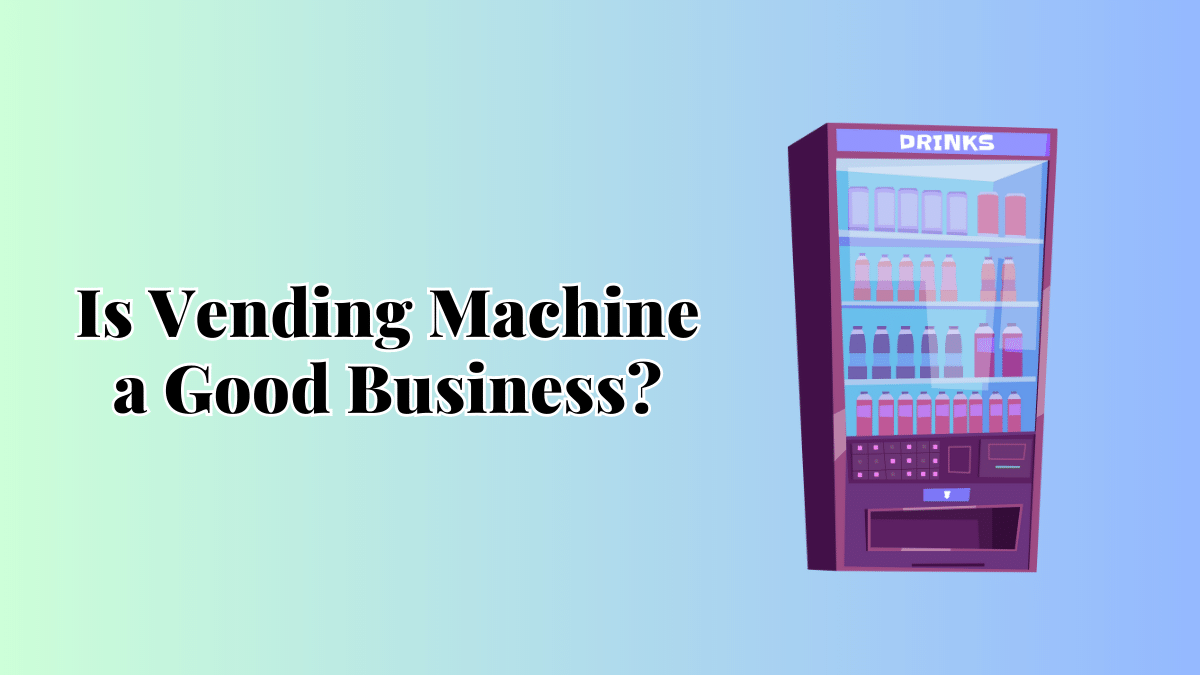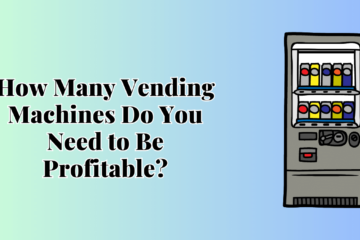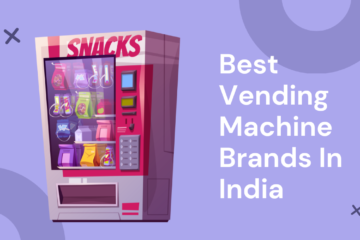If you’ve ever found yourself standing in front of a vending machine, contemplating whether to grab a snack or a drink, you might have wondered about the business behind these automated dispensers. Vending machines have been a part of our lives for decades, providing convenience and quick access to products. But are vending machines a good business to venture into? In this comprehensive guide, we’ll explore the ins and outs of starting a vending machine business, the advantages it offers, potential challenges, and the key factors that determine its success.
Is Vending Machine a Good Business?
Starting a vending machine business can be an enticing entrepreneurial opportunity, especially for those seeking a relatively passive income stream. The appeal lies in its automated nature, minimal overhead costs, and potential for round-the-clock earnings. However, before diving in, it’s essential to consider several aspects to determine if vending machines are a good business for you.
Advantages of Vending Machine Business
- Passive Income Generation: One of the most significant advantages of a vending machine business is the potential for passive income. Once the machines are set up and stocked, they can operate independently, requiring minimal oversight.
- Flexibility and Convenience: As a vending machine business owner, you can enjoy flexibility in managing your time. Since the machines handle transactions, you don’t need to be present during sales, giving you the freedom to focus on other ventures or activities.
- Diverse Product Selection: Modern vending machines aren’t limited to just snacks and drinks. They can dispense a wide range of products, including healthy snacks, personal care items, electronics, and even art pieces, allowing you to cater to various target markets.
- Accessible Locations: Vending machines can be placed in high-traffic areas like shopping malls, airports, offices, schools, and hospitals, providing easy access to potential customers.
- Low Maintenance Costs: Compared to traditional brick-and-mortar businesses, vending machines have relatively low maintenance costs. Routine maintenance, restocking, and repairs can be managed efficiently.
- Crisis-Resistant: In times of economic downturns or crises, vending machines tend to remain resilient, as people still seek quick and convenient purchases.
Challenges of Vending Machine Business
- Initial Investment: While vending machines offer lucrative returns, the initial investment can be significant. The cost of machines, products, and securing prime locations can require substantial capital.
- Competition: Depending on your chosen niche and location, you may face competition from other vending machines or retail establishments, which could affect your sales.
- Maintenance and Servicing: Although maintenance costs are generally low, keeping the machines in top-notch condition and addressing technical issues promptly is crucial to ensure consistent revenue.
- Product Shelf Life: If your vending machine offers perishable products, such as food or beverages, managing stock with limited shelf life can be a challenge. Avoiding waste and spoilage becomes paramount.
- Security Concerns: Vending machines can be susceptible to vandalism and theft, particularly if they are placed in less secure locations.
Key Factors for Success in Vending Machine Business
Success in the vending machine business hinges on several critical factors. Understanding and implementing these elements can significantly impact your venture’s profitability and sustainability.
- Location Selection: Choosing the right location for your vending machine is paramount. Conduct thorough research to identify high-traffic areas with your target audience to maximize sales.
- Product Variety and Quality: Offering a diverse range of high-quality products that cater to customer preferences can boost your sales and reputation.
- Pricing Strategy: Striking the right balance between competitive pricing and profit margins is crucial. Analyze market trends and customer behavior to set appropriate prices.
- Regular Maintenance: Implement a rigorous maintenance schedule to keep your vending machines functioning optimally and minimize downtime.
- Customer Service: Even in an automated business, good customer service can make a difference. Ensure your machines are user-friendly and address any issues promptly.
- Marketing and Promotion: Utilize marketing strategies to create awareness about your vending machine business and attract more customers.
- Inventory Management: Efficiently manage your inventory to avoid stockouts and reduce wastage, especially for perishable items.
FAQs about Vending Machine Business
Q: What types of vending machines are the most profitable?
A: While snack and beverage vending machines are popular and profitable choices, specialized machines that cater to specific needs, such as healthy snacks, gourmet coffee, or personal care items, can also yield excellent returns.
Q: How much can I earn from a vending machine business?
A: Earnings from a vending machines business vary based on factors like location, foot traffic, product selection, and pricing. Some successful operators report earning a few hundred to several thousand dollars per month per machine.
Q: Are there any legal requirements for starting a vending machine business?
A: Yes, there are legal requirements and regulations that vary depending on your location. You may need permits, licenses, and compliance with health and safety standards.
Q: Can I operate a vending machine business part-time?
A: Yes, a vending machines business can be managed part-time, making it an attractive option for individuals seeking additional income streams.
Q: How can I identify the best locations for my vending machines?
A: Research high-traffic areas with your target demographic, such as shopping malls, offices, gyms, and transportation hubs. Speak with property managers and business owners to negotiate placement opportunities.
Q: What are some ways to stand out from the competition?
A: Offer unique products, focus on outstanding customer service, and utilize eye-catching branding and marketing strategies to differentiate your vending machines business from competitors.
Conclusion
Starting a vending machinse business can indeed be a good venture for aspiring entrepreneurs seeking a passive income source with relatively low maintenance costs. By carefully selecting prime locations, offering a diverse product range, and implementing effective marketing strategies, you can capitalize on this opportunity. However, like any business, it comes with its challenges, such as initial investments and competition. Nevertheless, with proper planning and execution, a vending machines business can yield significant rewards and be a promising addition to your entrepreneurial portfolio.




